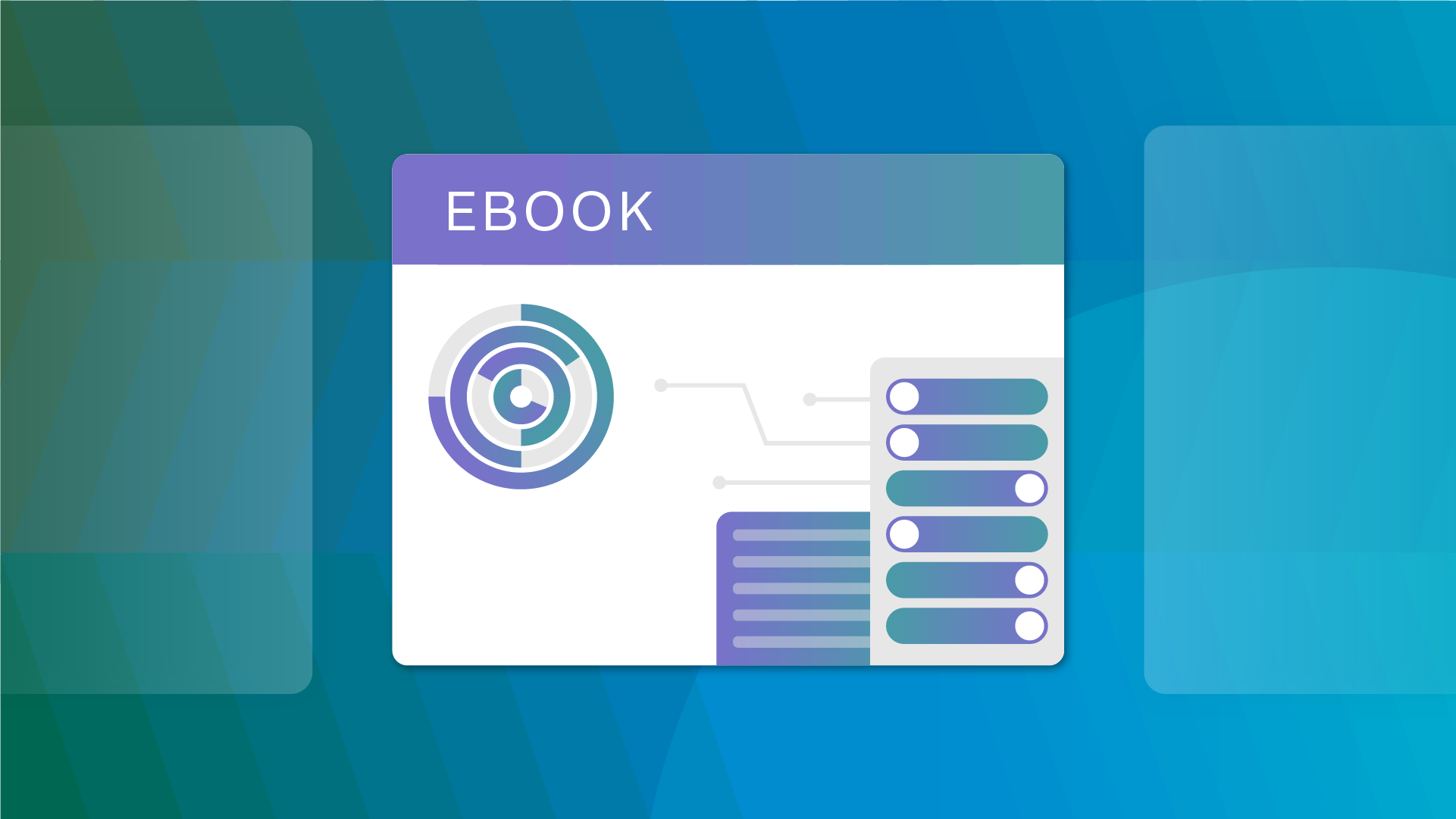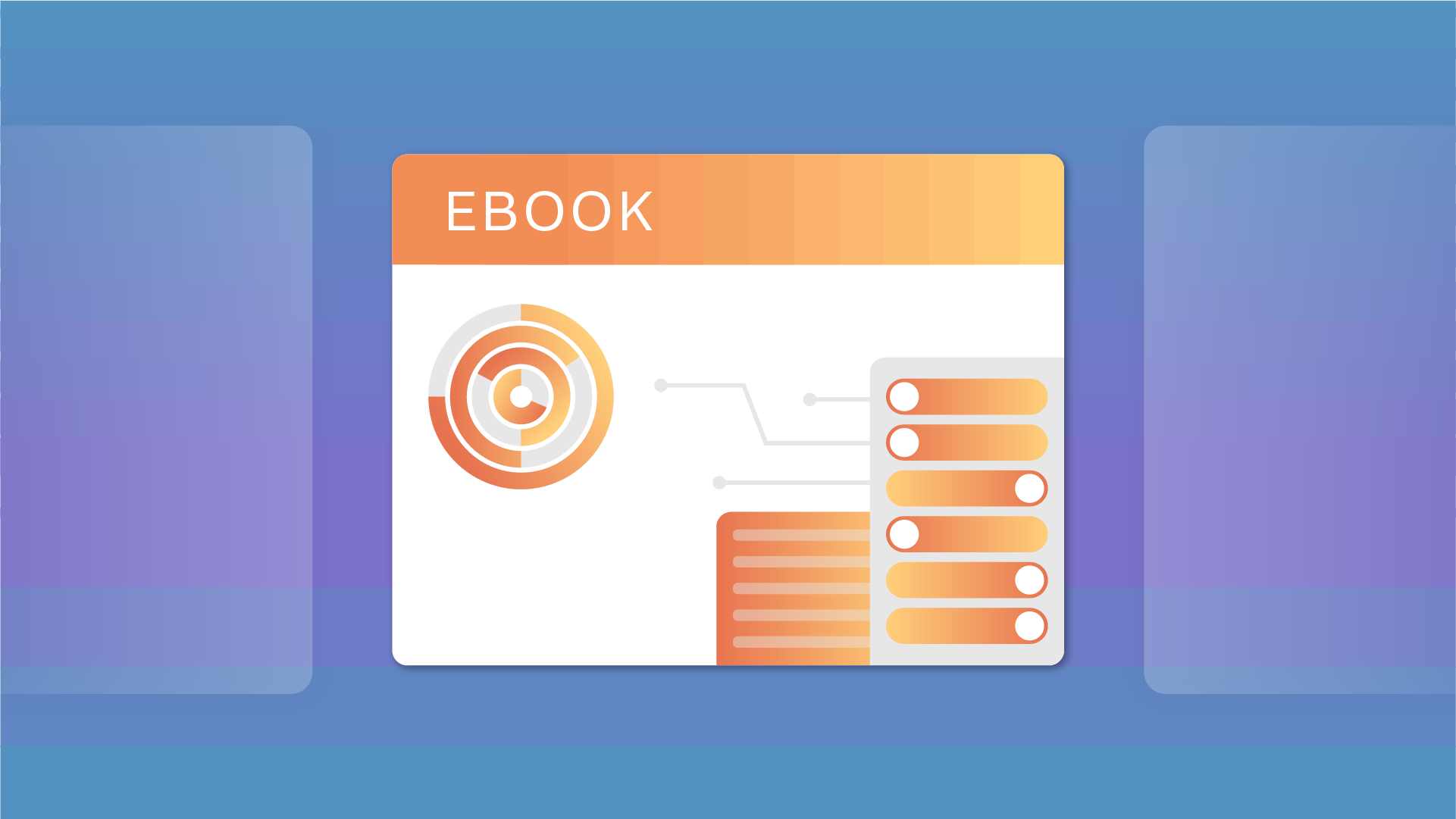Respecting customer privacy is not a choice, but how you approach managing privacy is. And how you choose to manage privacy has a direct impact on your organization’s bottom line. A well-designed, well-managed privacy program cannot be understated, and the introduction of automation and other privacy management technologies will increase your program’s efficiency and other benefits. However, technology and tools cost money and business owners will almost certainly want to know how that money is being invested and what return can be expected.
Within privacy, the Return on Investment (ROI) is not always straightforward, and some specific ROI metrics are not easily measured. For example, the time savings made by investments in automation could be measured by the reduction in person-hours used to complete a task. But additional benefits such as how that time saved is used elsewhere is much harder to quantify. Equally, if you are running a well-oiled privacy program you minimize the risk of fines for non-compliance – a great benefit that can be directly influenced by strong investment – but measuring something that hasn’t happened or that has been avoided can prove difficult. Let’s take a look at why privacy is important, the benefits of good privacy practices to your bottom line, and how you can measure your ROI.
Why is data privacy important?
To justify investment in privacy, its importance must be recognized and it is vital to remember that privacy is considered a fundamental human right. On a business level, individuals must be given notice of how their information is being used as well as the ability to choose how it is used, stored, and shared. In the digital age, protecting people's privacy is more than just a minimum legal requirement – it is business critical.
Good privacy management should aim to protect individuals’ most private information from misuse and unauthorized access. In the wrong hands, personal information may be used for identity theft, fraud, or cybercrime and in today's increasingly linked society, this can result in serious financial and psychological harm. Building individuals’ confidence in your organization depends on having demonstrable and robust data privacy practices. To maintain a good name and win consumers' loyalty, businesses must manage customer data carefully. Data breaches and other failures relating to data privacy can damage consumer confidence and can have serious legal effects. Furthermore, the regulatory environment is evolving rapidly, especially as it relates to artificial intelligence (AI) making the importance of data privacy even more significant. The ethical and responsible use of AI, especially the confidentiality of personal data utilized in AI systems, is receiving more attention from new and developing laws and regulations.
Organizations can assure a safe and dependable future for themselves and their clients by making an investment in privacy management practices now. This will also help them remain on top of the rapidly evolving regulatory environment.
What are the benefits of investing in your privacy program?
There are three main benefits to consider when planning investment in your privacy program. Efficiency, compliance, and reputation - each of these three will have short and long-term financial benefits. The costs of non-compliance with data protection laws and regulations can include hefty fines, legal fees, and reputational damage, while improved efficiency equals reduced costs, and good privacy management can lead to an increase in customer trust and loyalty.
Efficiency
Everyone wants to be more efficient, right? Investing in automated tools to power your privacy program can not only enable you to get more work done, but it can help increase accuracy, and reduce human error. Automating workflows can minimize effort and time spent carrying out crucial tasks. Take Data Subject Access Requests (DSARs) for example. A notoriously time-consuming area of compliance but one that is critical for maintaining consumer trust. Fail to fulfill DSARs correctly and you may risk legal, financial, and reputational damage. However, the challenge is found in finding all instances of the requester’s personal data, ensuring that other people’s personal information is redacted, and that you meet these conditions within the legally prescribed time frame. A single request can be burdensome, so imagine multiplying that by hundreds, maybe even thousands, of requests and you can soon make a compelling case for automated tools giving you a healthy ROI.
Compliance
A well-structured privacy framework with strategic investment ensures alignment with ever-evolving data protection regulations, shielding companies from potential legal pitfalls and hefty fines. Without structure and investment, it is liable to fall short of requirements set out by privacy laws across the world. By proactively addressing privacy concerns, organizations can foster a positive image among customers and stakeholders. A comprehensive privacy program that establishes clear guidelines for data collection, usage, and retention, minimizes the risk of unauthorized data processing and enhances transparency, building a culture of accountability and responsibility within your organization. Ultimately, investing in a privacy program serves as a shield against compliance risks, reinforcing your organization's legal standing, and cementing its reputation as a trustworthy custodian of your customer’s personal data.
In the other hand, the consequences for poor privacy management can be far reaching and making the headlines for privacy failures can have knock-on effects to your bottom line. Programs that are developed incorrectly can lead to privacy teams spending significant amounts of money without generating any positive or sustainable outcomes. And, non-compliance can lead to an increase in negative publicity which, in turn, will produce an additional operational burden such as an increase in privacy rights requests.
Building and maintain reputation and consumer trust
The aftermath of privacy-related news can have significant repercussions on a company's reputation. The impact, whether positive or negative, hinges on the organization's approach to privacy and its interactions with consumers and customers. These implications can vary depending on the industry sector. For instance, in B2B scenarios where products are sold to other businesses, direct customer interactions might be minimal, yet proper handling of various aspects is crucial, spanning from supply chain management to data sharing.
Even in B2B enterprises, there may be some level of interaction with end users, such as through the use of a Consent Management Platform (CMP), underscoring the potential influence on individuals. For B2C businesses, the stakes are even higher due to the importance of reputation and trust on the bottom line. The repercussions of mishandling customer data, such as the failure to implement adequate security measures resulting in data breaches and subsequent fines, can be significant. Recent substantial fines imposed by Data Protection Authorities serve as an illustrative example, highlighting the negative impact on both the organization and consumers' perception of its practices, eroding the trust they place in the company.
Investing in tools that make your data use more secure, accurate, and ultimately more responsible can help you to better manage the risks of reputational damage and have a significant and ongoing impact on your revenues.
Cross-functional ROI of privacy management
Managing your privacy obligations can have a significant impact on the daily operations and responsibilities of various teams across your organization. Manage privacy well and it can yield benefits for compliance, security, IT, and marketing professionals. For instance, a robust privacy framework aids the compliance team in meeting data protection regulations, fostering trust among stakeholders. Security teams rely on privacy measures to prevent and mitigate the impact of breaches as well as minimizing data-related risks. In IT, structured privacy practices streamline data flow across systems, enhancing efficiency and reducing errors. Privacy-aware marketing fosters brand loyalty, engaging privacy-conscious customers. This relationship highlights the critical role played by a comprehensive privacy program. As organizations weave privacy considerations into the fabric of their operations they pave the way for a tangible return on investment, solidifying the link between privacy measures and enhanced organizational performance.
Privacy teams
For privacy professionals, the ROI of privacy management is clear. By implementing and managing effective privacy practices, privacy professionals can be more accurate and efficient, freeing up more time to work on monitoring and improving their privacy programs. Subsequently, this can help their organizations to avoid costly fines and legal fees associated with non-compliance while building customer trust – Both leading to increased revenue and reduced costs.
Security teams
Security teams can significantly impact the privacy team's ROI. Open lines of communication between the two functions can help to highlight vulnerabilities allowing for mitigation of risks and safeguarding sensitive data. Robust security measures enhance user trust – knowing that personal information is safe while under the care of you organization can elevating your brand's reputation.
Aligning security and privacy efforts can also help to streamline your processes, reducing redundant tasks and resource wastage. Security teams empower the privacy team to focus on strategic initiatives, optimizing operational efficiency and effecting ROI through comprehensive data protection and privacy management.
IT teams
IT teams play a crucial role in ensuring the technical implementation of privacy measures. By aligning their efforts with the privacy team's objectives, IT can streamline data protection processes, enhance security mechanisms, and develop robust data management solutions. Their expertise in encryption, access controls, and data anonymization strengthens the overall privacy program and efficient IT support empowers privacy teams to focus on strategic planning and policy development, optimizing resource allocation, and enhancing the overall ROI of privacy initiatives. Through collaboration, organizations can achieve a more robust and cost-effective approach to privacy.
Data Governance professionals
Effective collaboration between data governance teams and privacy teams can significantly impact the ROI of privacy initiatives. Data governance teams establish and enforce policies, procedures, and standards for data handling, which directly supports privacy compliance. By ensuring accurate data classification, adequate data retention and robust access controls, good data governance can reduce the risk of privacy breaches and regulatory fines. Furthermore, data governance facilitates streamlined data inventory and mapping, aiding privacy teams in identifying sensitive information and implementing targeted protection measures. Clear documentation of data flows and sharing practices enhances privacy impact assessments and simplifies compliance reporting.
Marketing teams
Implementing robust privacy measures into your marketing efforts can help to ensure that customer trust is nurtured. Transparent communication about data collection, processing, and sharing instills confidence among customers and demonstrates transparency and accountability. Marketing campaigns that emphasize privacy-centric practices are likely to lead to improved conversion rates and customer retention, directly affecting the bottom line. Additionally, marketing can educate customers about the value of their data protection, making them more inclined to share accurate and insightful information for better experiences with your brand. The collaboration between these teams fosters a virtuous cycle, where customer trust and ethical data practices drive marketing success while positively impacting the ROI of your privacy program.
What areas of a privacy program should I be investing in?
The approach taken in privacy program investment varies depending on your company's maturity, size, sector, and whether the company operates in a B2B or B2C capacity. Small and Medium Enterprises (SMEs) may opt to initiate their compliance and privacy programs by outsourcing certain aspects, such as engaging external legal counsel or consulting professionals. SMEs can rely on adopting best practices from these external sources and adding them to strategically implemented automation tools such as data mapping automation or automated parts of the DSAR process.
On the other hand, more mature and larger companies may opt to establish a solid foundation by investing in internal professionals, forming dedicated privacy or compliance teams. These teams might be integrated into different functional areas. Additionally, a significant portion of investment is directed towards technology. This includes automating processes through Governance, Risk, and Compliance (GRC) tools, as well as implementing specific technological solutions tailored to your industry. For instance, the financial sector might focus on data analytics and anonymization due to extensive datasets. Furthermore, technologies like artificial intelligence become a focal point, given their potential privacy implications related to profiling, credit scoring, and more. In summary, the allocation of resources over time tends to emphasize investments in building internal expertise, technology infrastructure, and specialized tools to address specific industry needs.
How can you measure the ROI of your privacy program?
Directly quantifying the outcomes of your investment is not a straightforward task. Compliance is often viewed as a burden for organizations, irrespective of their size, especially in the early stages. However, the measured effects of investment extend over the medium and long term, encompassing factors like trust and reputation. This means that companies making substantial investments in privacy will be gauging the ROI through improved consumer perception of privacy practices over time. This, in turn, can boost loyalty and overall alignment with the company's vision.
Quantitative metrics could include tracking the reduction in data breaches and associated costs, such as legal fees, fines, and remediation expenses. A decrease in incidents demonstrates the effectiveness of privacy measures and can be translated into monetary terms. Additionally, monitoring the time and resources saved through streamlined compliance processes and data management can offer a concrete measure of efficiency gained.
On the qualitative side, consumer trust and perception are paramount. Regular surveys or sentiment analysis can gauge shifts in public feeling toward your organization's privacy practices. An increase in positive feedback over time signifies improved consumer trust, leading to enhanced loyalty and prolonged customer relationships. Moreover, tracking the alignment of privacy initiatives with the company's overall vision and values can indirectly quantify ROI by showcasing how privacy investments contribute to the organization's long-term success.
It's important for privacy teams to establish a baseline before implementing changes, allowing them to compare pre- and post-investment periods. By analyzing trends and patterns in privacy-related metrics, privacy teams can present a comprehensive picture of their ROI, focusing not only on short-term gains but also on the long-term value of consumer trust and brand reputation.



























